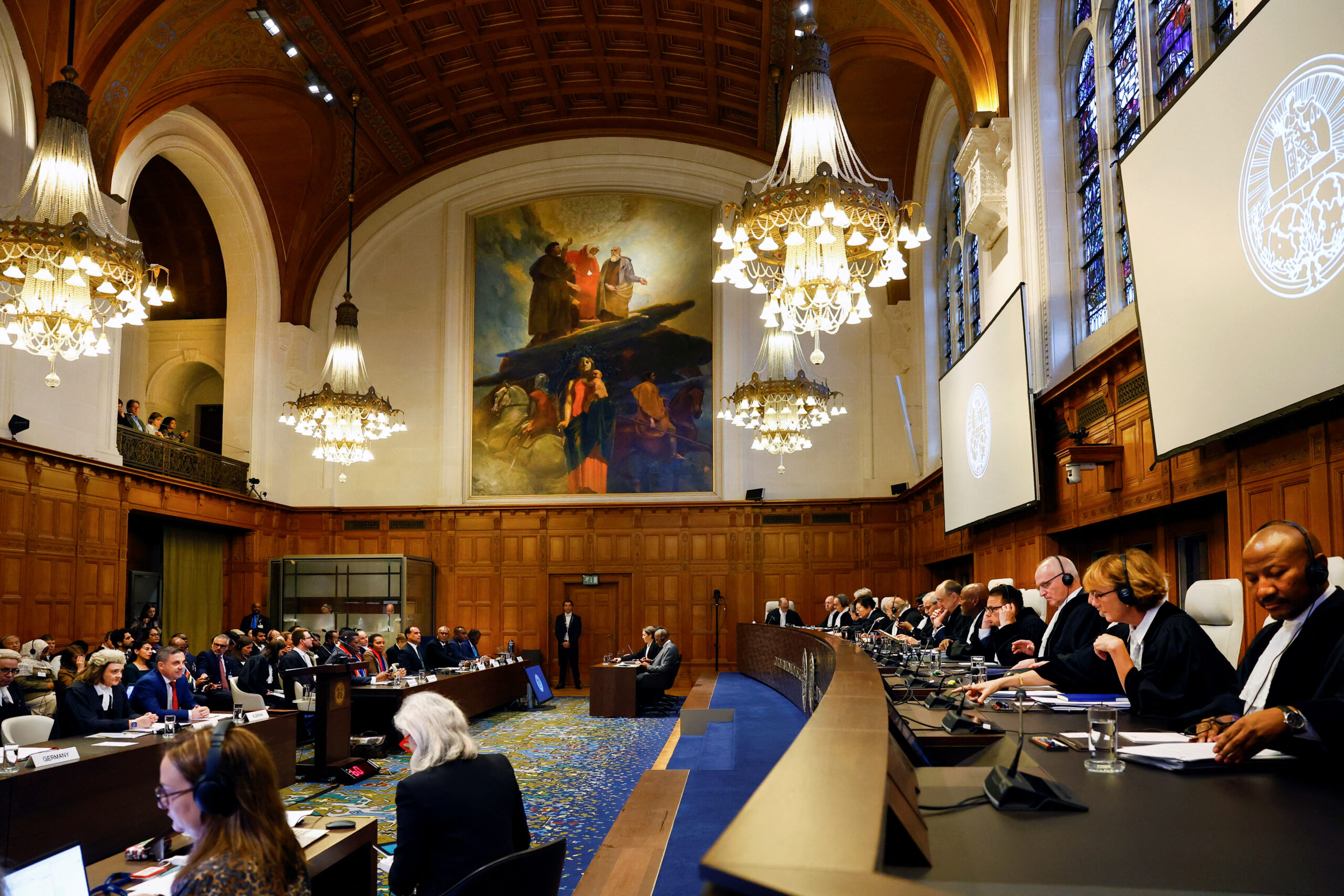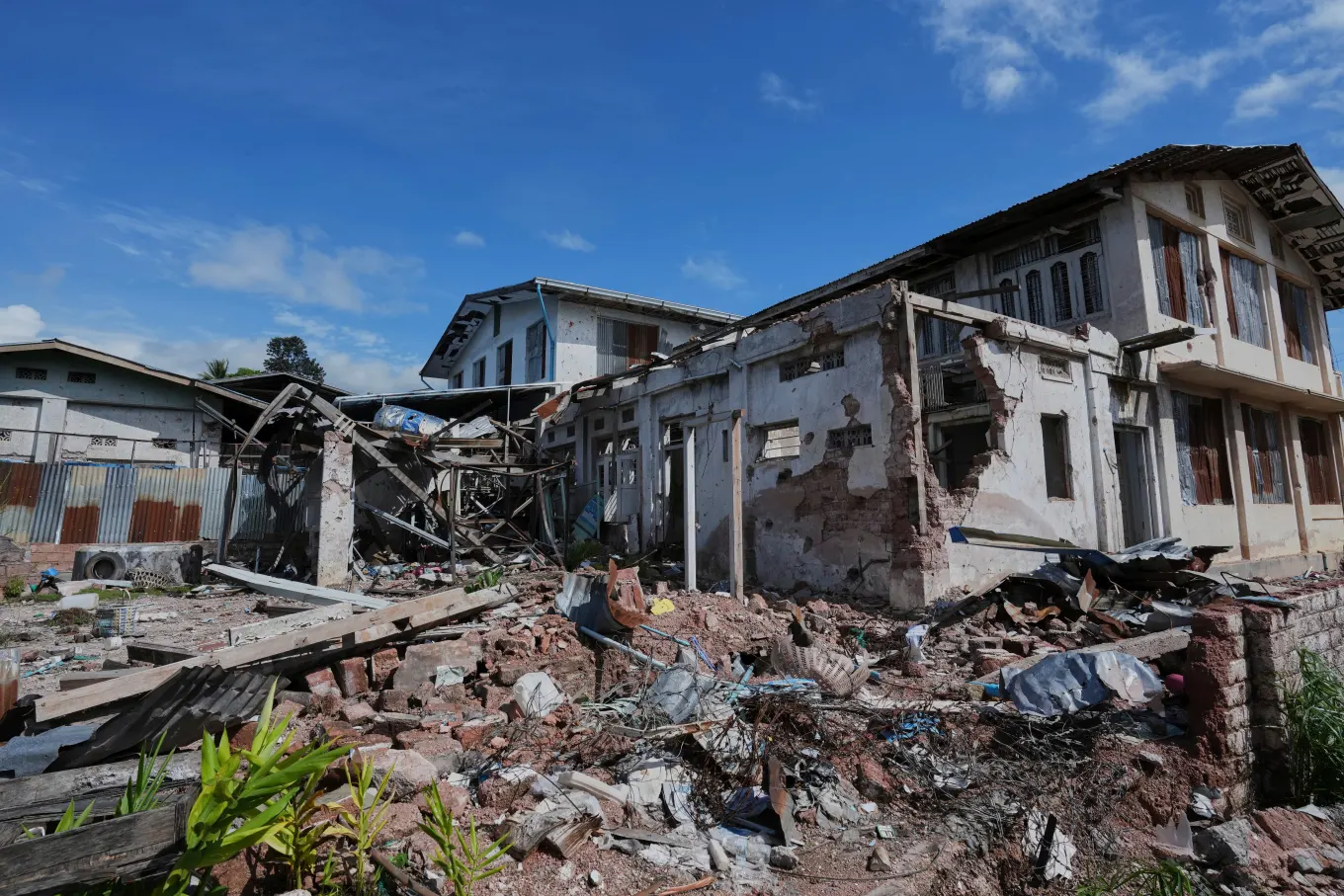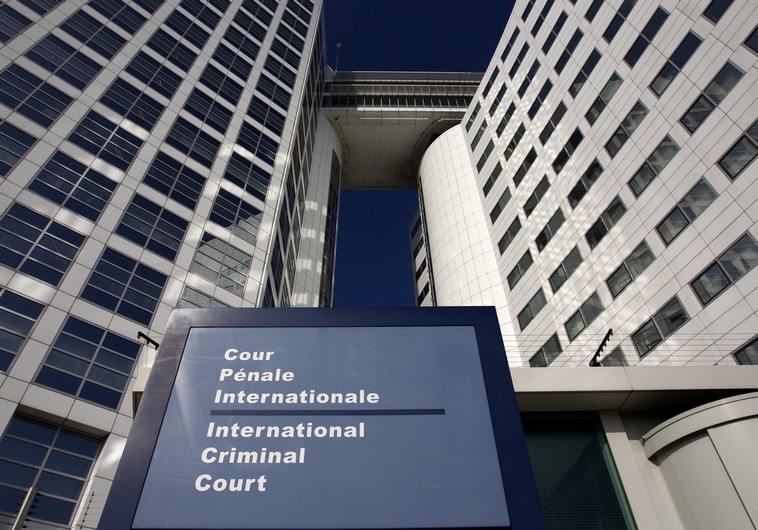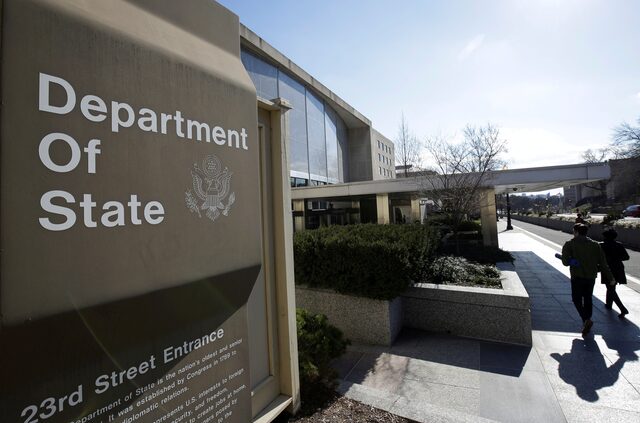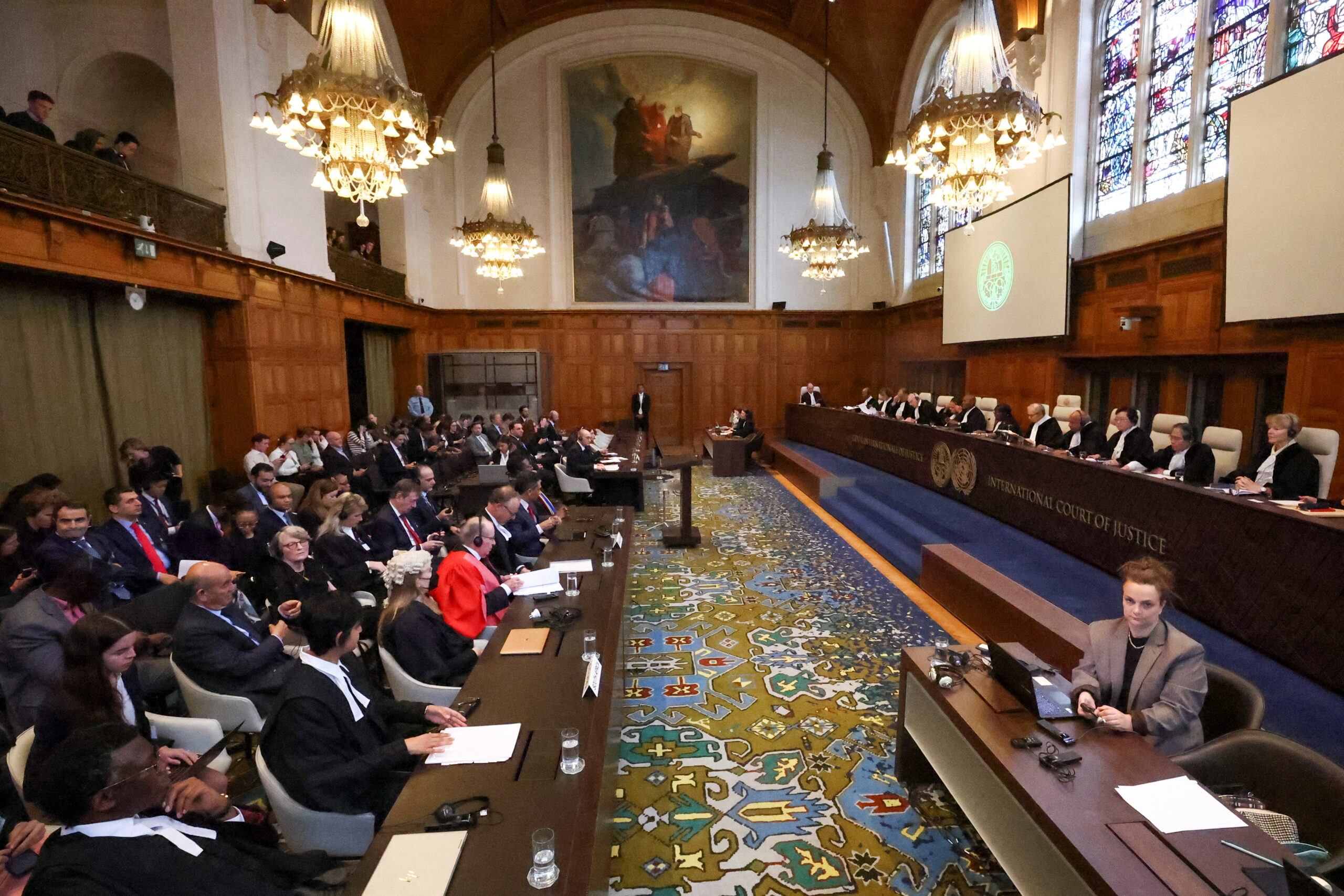Positive reactions to historic German verdict on Syria
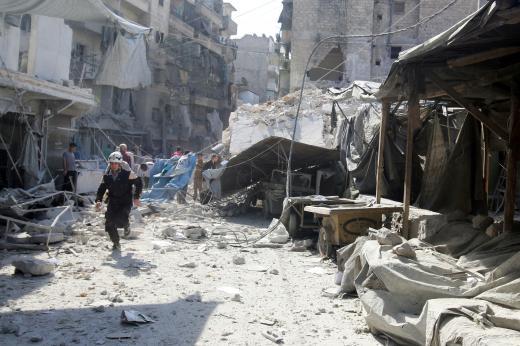
On Wednesday a court in Koblenz sentenced a member of the Syrian intelligence services to 4.5 years. The agent, known as Eyad A, was sentenced on charges of aiding and abetting crimes against humanity.
The case marks the first time a court outside Syria has decided a case on state-sponsored torture by the regime of Syrian President Bashar Assad.
The judgment gives hope to the 800 000 Syrians in Germany who claim they were tortured by the Syrian government.
Human rights lawyers and activists are hoping the case will serve as a precedent for future cases on atrocities committed during the 10-year Syrian civil war.
The judgement has been widely praised.
Alexandra Lily Kather, legal consultant in international justice and visiting fellow in international criminal justice at the Centre for Fundamental Rights at Hertie School of Governance Berlin described the verdict as ground-breaking in that because lawyers, activists and advocates from Syria – many of them survivors themselves – can build and expanding on this finding in their own work.
Magnitude of the crimes
She says: ‘It goes without saying that there can never be a satisfying sentence for the magnitude of crimes under international committed in Syria by the regime and its collaborators. Equally important than the prison sentence as a form of accountability is the question of how to move towards healing.’
She suggests that initiatives such as the Truth and Justice Charter (https://www.youtube.com/watch?v=W62a7hU9w8I) or the Syrian Road to Justice Campaign (https://syriaroad2justice.medium.com/) provide some answers from the point of view of Syrian communities.
Evidence from refugees
Speaking to Al Jazeera human rights lawyer Sarah Kay described the judgment as a ‘victory for universal jurisdiction.’ Kay highlights the fact that the evidence came from refugees. She says: ‘The courage of those who testified should reaffirm our commitment to protecting refugees.”
According to Kather trials of this kind should ‘ideally be Syria-led and carried out in Syria’. But in light of current difficulties in holding trials in Syria trials held by third States provide for the moment one of the most viable options.


